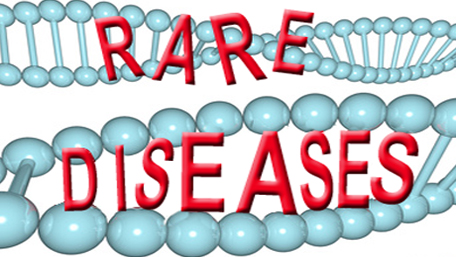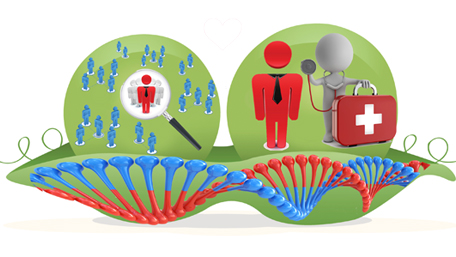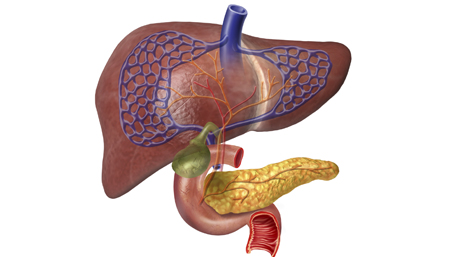
01/07/2020
Hot Topics of the Day are picked by experts to capture the latest information and publications on public health genomics and precision health for various diseases and health topics. Sources include published scientific literature, reviews, blogs and popular press articles.
Sign up MyPHGKB to receive the daily hot topic email alert.
Archived Hot Topics of the Day By Date
The Stroke Family
The FH Foundation, January 6, 2020
New DNA tests mean babies and children can be diagnosed with rare diseases in just days
L Donnelly, The Telegraph, January 2020
Development and mixed-methods evaluation of an online animation for young people about genome sequencing.
Lewis Celine et al. European journal of human genetics : EJHG 2020 Jan
Innovation should support societal responsibility for health
R Milne et al, BMJ Blog, January 2020
Challenges to the Reproducibility of Machine Learning Models in Health Care.
Beam Andrew L et al. JAMA 2020 Jan
New PARP Inhibitor Approval for Pancreatic Cancer
L Schlager, FORCE, January 6, 2020
A Reality Check On Artificial Intelligence: Are Health Care Claims Overblown?
L Szabo, Kaiser Health News, December 2019
Telling Your Children About Inheritable Cancer Risk
MA Landsmann, Cancer Today, December 2019
Disclaimer: Articles listed in Hot Topics of the Day are selected by Public Health Genomics Branch to provide current awareness of the scientific literature and news. Inclusion in the update does not necessarily represent the views of the Centers for Disease Control and Prevention nor does it imply endorsement of the article's methods or findings. CDC and DHHS assume no responsibility for the factual accuracy of the items presented. The selection, omission, or content of items does not imply any endorsement or other position taken by CDC or DHHS. Opinion, findings and conclusions expressed by the original authors of items included in the Clips, or persons quoted therein, are strictly their own and are in no way meant to represent the opinion or views of CDC or DHHS. References to publications, news sources, and non-CDC Websites are provided solely for informational purposes and do not imply endorsement by CDC or DHHS.
- Page last reviewed:Feb 1, 2024
- Page last updated:May 01, 2024
- Content source:









